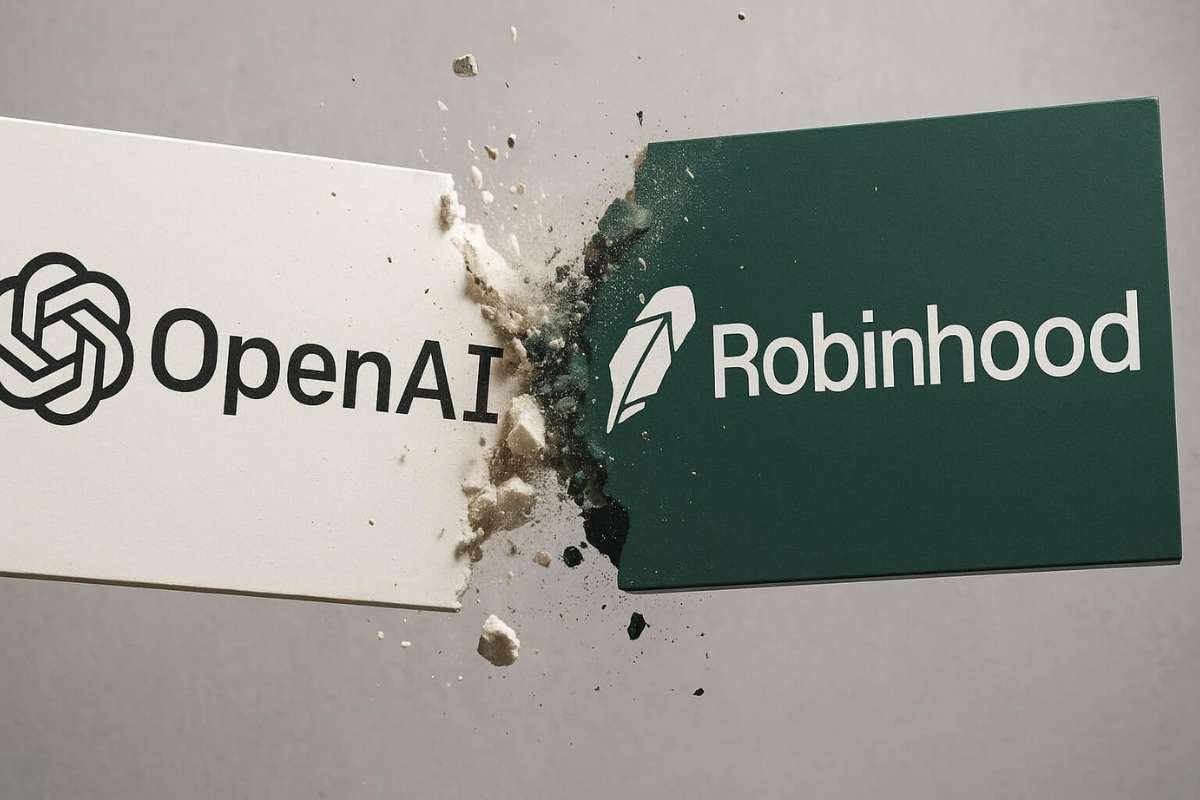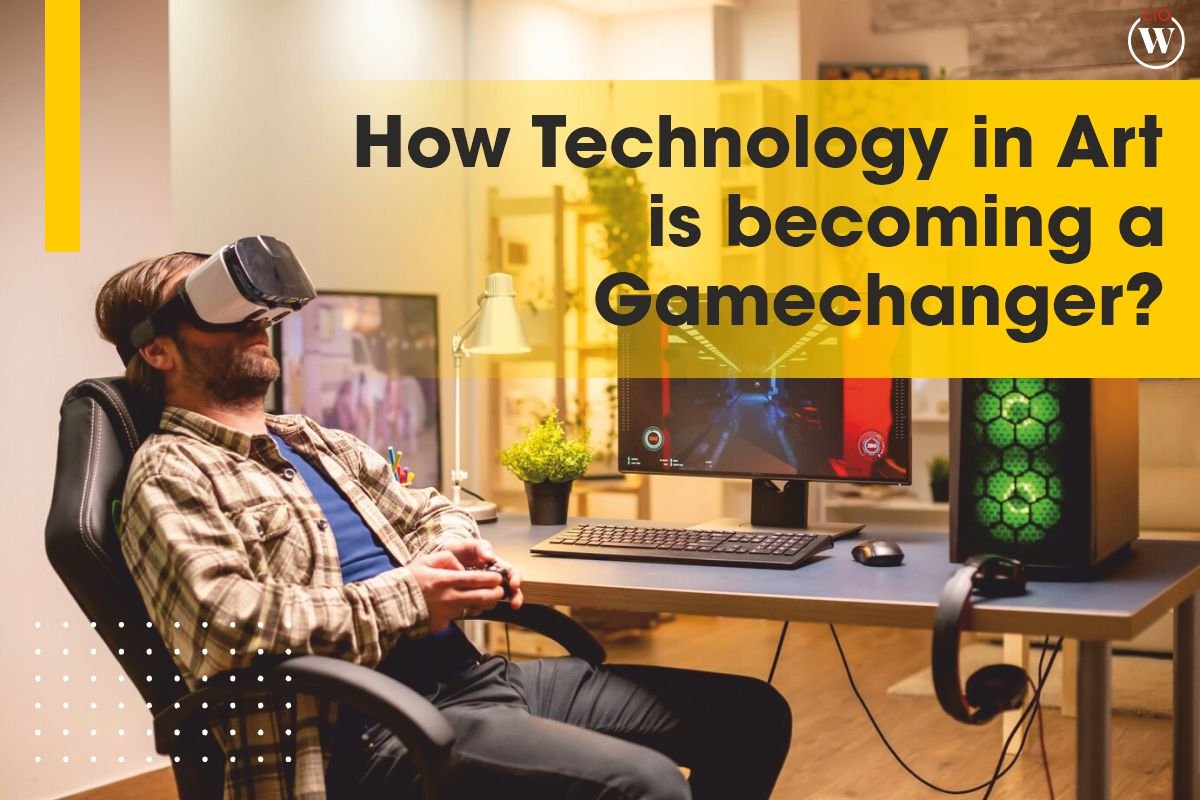On July 2, 2025, OpenAI publicly condemned Robinhood’s launch of crypto-based “OpenAI tokens,” accusing the trading platform of misleading customers and falsely using its brand. In a firm statement to CNBC, OpenAI clarified it has “no involvement in Robinhood’s offering” and has neither authorized the use of its name nor participated in any tokenization of its equity. The AI firm called the move “inappropriate and misleading,” urging investors to exercise caution when interacting with these digital financial instruments. This marked the beginning of what is now being called the OpenAI Robinhood dispute.
The controversy emerged after Robinhood Markets Inc. introduced a new feature that allowed users to buy and sell synthetic tokens representing shares in prominent private companies such as OpenAI and SpaceX. These tokens were marketed as part of a broader effort to expand access to high-profile, unlisted equities. But OpenAI quickly dissociated itself from the product, raising legal and ethical concerns about the unauthorized commercialization of its corporate identity.
Tech Industry Reacts: Transparency and Ethics in Question
The backlash intensified when TechCrunch revealed that OpenAI had “neither provided data nor collaborated with Robinhood” to create or back the tokens. Critics have since raised alarm over the growing number of crypto-based financial products entering the market without clear legal standing or corporate consent. Industry experts warn that the Robinhood tokens, central to the OpenAI Robinhood dispute, could set a dangerous precedent by creating synthetic assets that blur the line between derivatives and securities.
OpenAI’s concerns center not just on brand misuse but also on investor protection. The AI company emphasized that token holders “do not hold any ownership or equity” in OpenAI, contradicting what some observers consider a “visual implication” of stock-like entitlement. OpenAI’s firm stance has been widely supported across the tech community, particularly by voices advocating for greater regulatory oversight in the digital finance space.
Robinhood Responds: “These Are Derivatives, Not Real Shares”
In response to the backlash, Robinhood CEO Vlad Tenev defended the platform’s new tokens during an interview with The Block. He stated that these instruments were “clearly labeled as synthetic derivatives” and are “not actual equity shares.” Tenev insisted the tokens merely reflect the market sentiment around high-profile companies and are designed to function similarly to contracts for difference (CFDs), which have long existed in traditional finance.
Tenev further argued that the tokens provide users with innovative ways to engage with private market narratives, especially for those previously excluded from early-stage investment opportunities. Despite this defense, OpenAI’s disapproval has reignited debates around financial transparency, the ethical boundaries of tokenization, and whether digital finance firms should face stricter regulation when linking their offerings to well-known but privately held companies.
As the dust settles, the incident highlights growing tension between innovation in fintech and the need for responsible branding, legal clarity, and consumer protection. Whether regulators step in remains to be seen, but OpenAI’s stand has sent a clear signal: tech companies are watching closely. The OpenAI Robinhood dispute may set a new precedent for corporate consent in the digital asset space.
Visit CIO Women Magazine to read more.
Sources:
https://www.cnbc.com/2025/07/02/openai-robinhood-tokens.html








